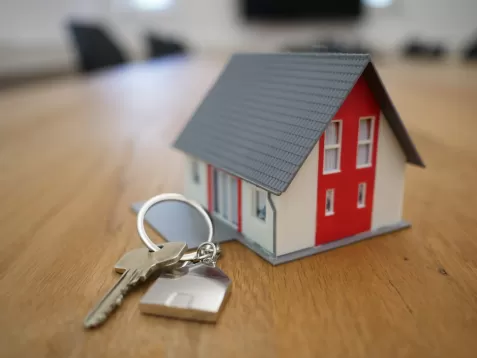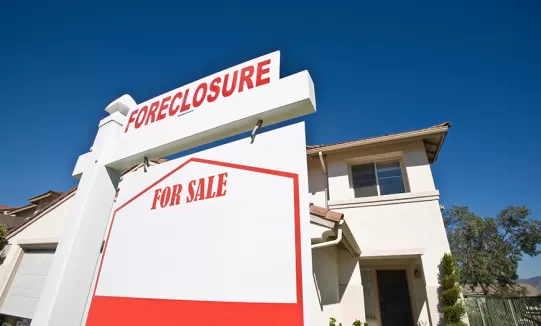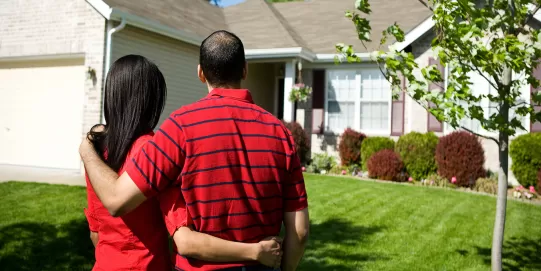Rumor has it that millennials aren’t buying homes. We wanted to see if that’s actually true, and if so, why not? So we did our homework. (See what we did there?)
First of all, who are millennials? They’re anyone in the generation of people born between 1982 and 2004, so say most sources. By the end of 2016, they’ll be the nation's largest living generation according to The Pew Research Center.
As the largest group of consumers, it’s easy to see why the alarm has been sounding early and often when it comes to the housing market—one of the biggest contributors to the overall economy. If they don’t buy homes, who will? According to a report released by the White House, millennials are less likely to become homeowners than the generations before them. One reason may be that they came of age at the height of the economic recession when many people were losing their homes. Many lived it.
Another possible factor for the seeming reluctance to buy a home: millennials are getting married at a later age than previous generations. The same White House report said, “In 1950, men first married at age 22.8 and women at age 20.3; by 2013 the median marriage age increased by more than 6 years for both genders.”
Another recent article published on Zillow, an online real estate database, supports that finding. Author Aaron Terrazas notes that the rate of homeownership for millennials is actually higher than expected. “Among married couples where both spouses are employed full-time, and among single young adults with a full time job, the homeownership rate is above historical levels.” Since millennials are waiting to get married, they’re also waiting to purchase a home. (Not avoiding it altogether.)
If that sounds like a smart move to you, you may be right. After all, millennials are a well-educated bunch. The down side of that, of course, is the abundance of student loan debt, perhaps another chink in the homebuying armor. Jeffrey Sparshott, an economy blogger for the Wall Street Journal, reported that more students are taking out loans to pursue higher education than ever before. “Almost 71 percent of bachelor’s degree recipients will graduate with a student loan, compared with less than half two decades ago and about 64 percent 10 years ago.”
Student debt can negatively affect a person’s credit score, which is a key component in obtaining a desirable home loan. The White House reports that 67 percent of Americans under age 30 have a credit score below 680, which is relatively low on the credit score spectrum of 300-850. Because of tightened restrictions on mortgages after the housing crash, millennials may have an uphill battle ahead. The key is to monitor credit and work to build up to favorable numbers, something credit counselors and loan officers alike can help with.
At the end of the day, millennials are buying or want to buy homes. They are just waiting longer than the generations before. In fact, one survey on demandinstitute.org revealed that 60 percent of the millennials surveyed said they would eventually like to own a home, and 24 percent said they already did. Only 16 percent of the millennials interviewed claimed they had no interest in owning a home. These numbers are not exactly bolstering the hype of supposed non-homebuying millennials.
Case in point: Cassie Secord, a single millennial who lives in Reno and is a first-time homebuyer. “It was time to buy a house instead of rent,” said Secord, “so I applied to the Home Is Possible program. I got approved and I received about $5,000. It was honestly simple and straightforward.” Because Secord had already saved up money for a down payment, she used the free money she received from Nevada Housing Division’s Home Is Possible program toward closing costs. She even had money left over for some minor home renovations.
With the housing market on the rebound after the Recession, and homebuyer programs like Home Is Possible and Mortgage Tax Credit for first-time homebuyers, we’re happy to report that the ‘Millennial Homeowner’ is a real thing, indeed.


